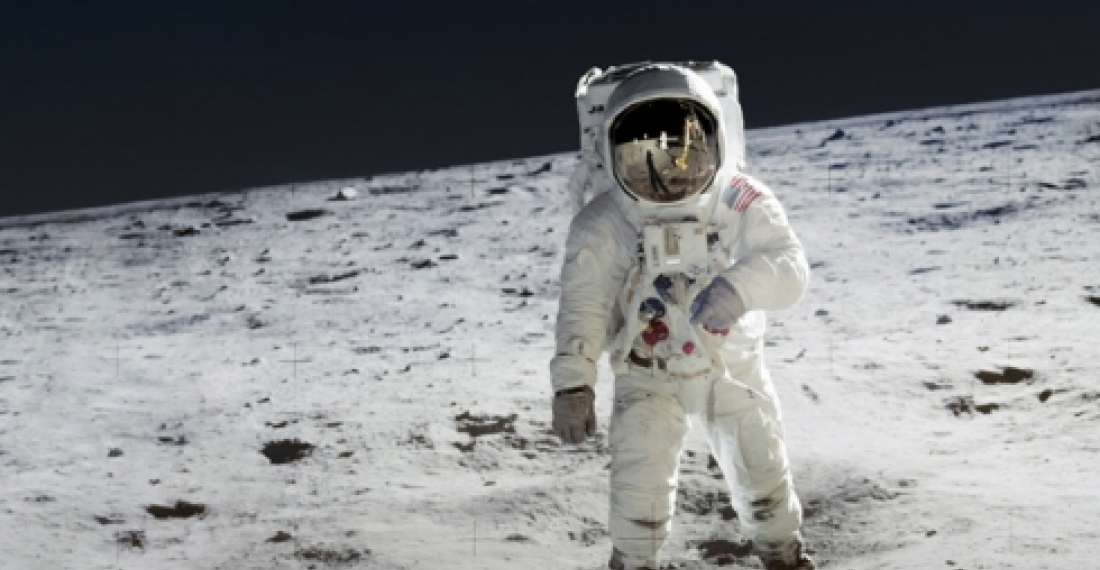The American astronaut Charles Duke, who in participated in a NASA lunar mission and landed on the moon has been banned from visiting Azerbaijan.
The spokesperson of the Azerbaijani Foreign Ministry, Elman Abdullayev, told APA news agency that following the astronaut's visit to Nagorno-Karabakh he, and fellow astronaut, Claude Nikolyan of Switzerland have been put on a black list following their visit to Karabakh.
"The visit to the occupied territories of Azerbaijan without special permission is prohibited. The names of people who pay such illegal visit will be included into list of undesirables", said the Azerbaijani MFA spokesman.
Charles Duke and Claude Nikolyan participated in the conference entitled "Man and the space" held in Nagorno Karabakh region on September 16.
Duke was a member of Apollo 16, NASA's 5th lunar mission.
Commonspace.eu political editor said in a comment:
"The issue is likely to become more controversial in the future. More and more world prominent people are likely to be encouraged to visit Karabakh, especially by the Armenian diaspora and we will be seeing the Azerbaijani black list getting longer and longer as both sides use the issue for propoganda purposes.
There is however a more serious element to this policy, namely the usefulness of isolating the Nagorno-Karabakh Armenian community. This isolation has helped set in a siege mentality amongst this community which is now a real and serious obstacle to any future peace deal. The fact that a man who has been on the moon now cannot go to Baku may be amusing, but the consequences of the policy on the peace process need also to be understood."
source: commonspace.eu
photo: A US Astronaut on the moon (archive picture).







